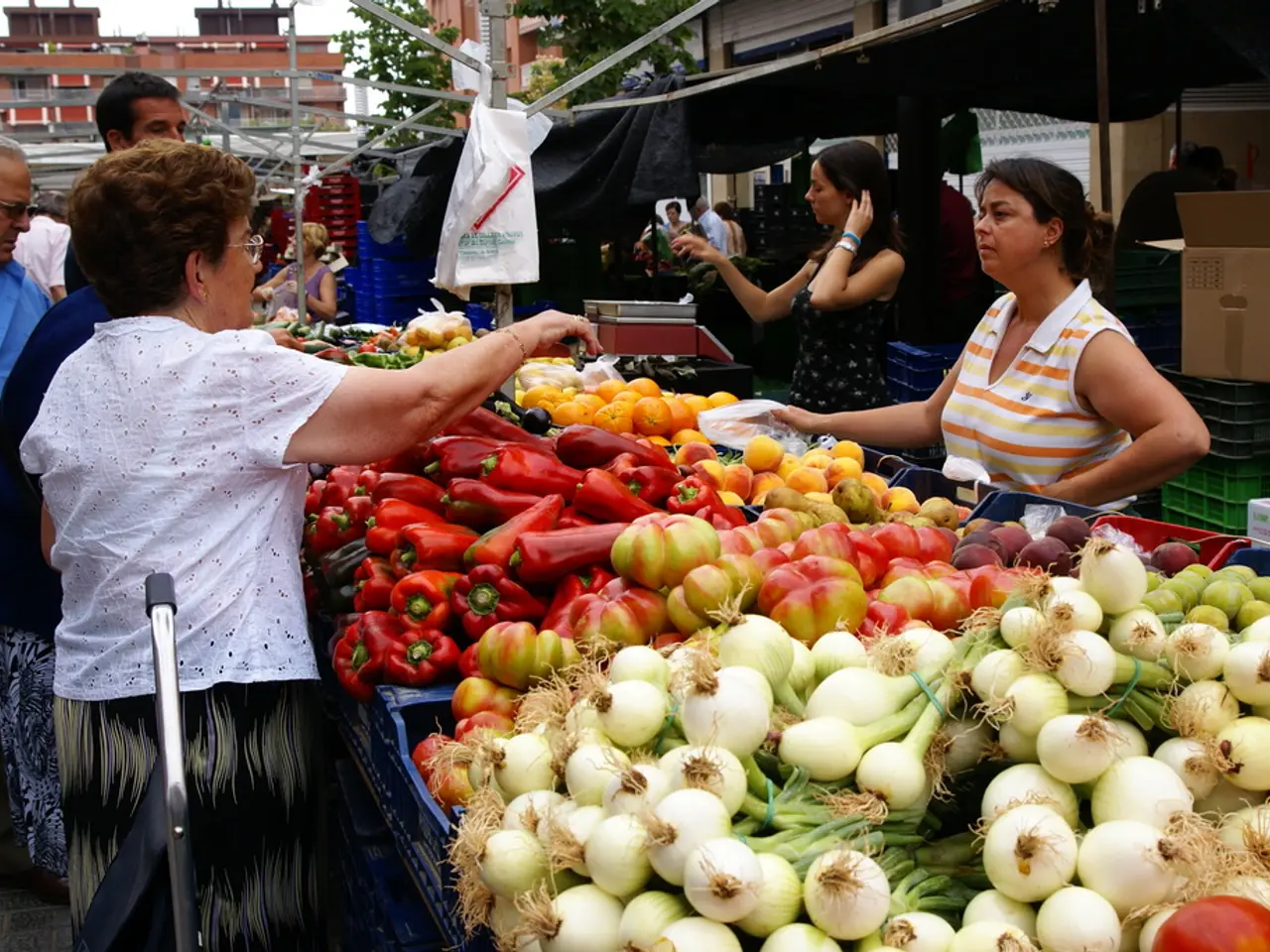International discussions on plastic management: conclusive talks commence
In a bid to address the growing issue of global plastic pollution, negotiations for the BM Plastics Agreement have been ongoing since 2022. The key issues at hand revolve around the phase-out of problematic plastic products, establishing circular economy standards, securing financing, and reducing plastic production.
However, progress remains slow and contested, with no final treaty reached as of August 2025 despite multiple negotiation rounds.
Phase-Out of Problematic Plastics
There is a strong advocacy for phasing out the most harmful and problematic plastics due to their impacts on health and the environment. Chemicals added to plastics, which cause serious health harms, remain a focal point. Civil society demands mandatory traceability and tracking of hazardous chemicals in plastics to be included in the treaty.
The Global South has called for control measures on plastic waste exports, including prior notification and consent, but these demands have not been adequately addressed.
Circular Economy Standards
Negotiations aim to set standards for a circular economy, covering the full life cycle of plastics, from production and design through to recycling and disposal. The circular economy focus includes sustainable production and consumption, but there is disagreement on timelines and implementation details.
Financing
Financing remains a contentious issue, with disputes over financial support for countries and how costs and responsibilities should be shared. Differences in national responsibilities and financial mechanisms have slowed consensus.
Production Reduction
There is a push to reduce overall plastic production to tackle pollution at its source. However, consensus on approaches to limit production levels or set binding targets has not been reached, prolonging negotiations.
Progress and Challenges
The fifth negotiation session (INC-5.2) held in Geneva in August 2025 ended without a final deal, marking the second time negotiations failed to produce a treaty. The process has been criticized for being deeply flawed and stagnant, with repetitive arguments and no convergence after more than two years.
Disputes particularly center on transparency, participation rights of civil society and affected communities, enforcement mechanisms, and ensuring developing countries are not disproportionately burdened. The Chair’s proposals and amended texts have tried to bridge gaps but remain insufficient to finalize agreement.
Despite this, initiatives like the Global Plastic Action Partnership embody efforts to translate high-level ambitions into national action and real-world impact.
As the BM Plastics Agreement negotiation round commences today in Geneva, over 170 countries will participate, hoping to find a common ground and move towards a legally binding global plastics treaty. The negotiations will continue to discuss financing aspects, standards for the circular economy, and the phase-out of problematic plastic products and their chemical contents.
Germany's State Secretary, Jochen Flasbarth, is present at the negotiation round, expressing optimism that if all parties listen well and find a common denominator, success is possible, even in difficult times. The negotiations will be a crucial step towards limiting plastic pollution worldwide.
- Variations in national responsibilities and financial mechanisms have caused disagreement on the financial support for countries, slowing consensus in the establishment of binding standards for a circular economy within the BM Plastics Agreement.
- Civil society presses for mandatory traceability and tracking of hazardous chemicals in plastics, alongside control measures on plastic waste exports, as crucial elements to be included in the BM Plastics Agreement's treaty regarding the phase-out of problematic plastics.
- The leading political entities, such as Germany, acknowledge the necessity of addressing the global issue of plastic pollution and advocate for finding a common ground during the BM Plastics Agreement negotiations, hoping to limit pollution at its source through reduction of plastic production and the phase-out of harmful plastics.








